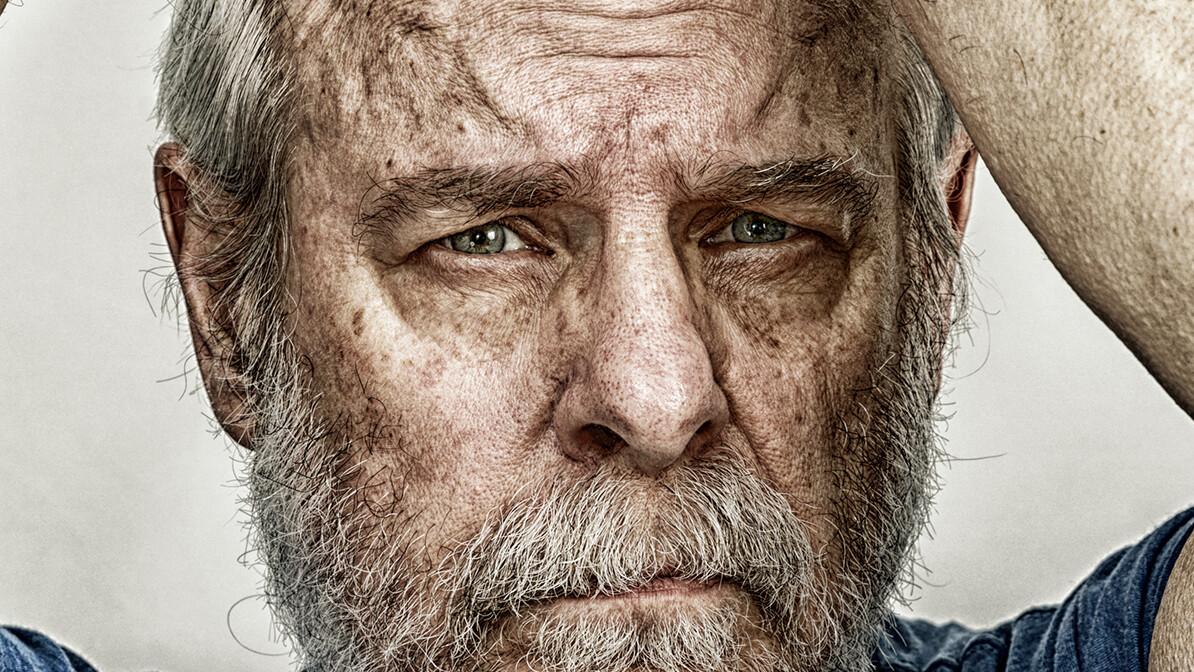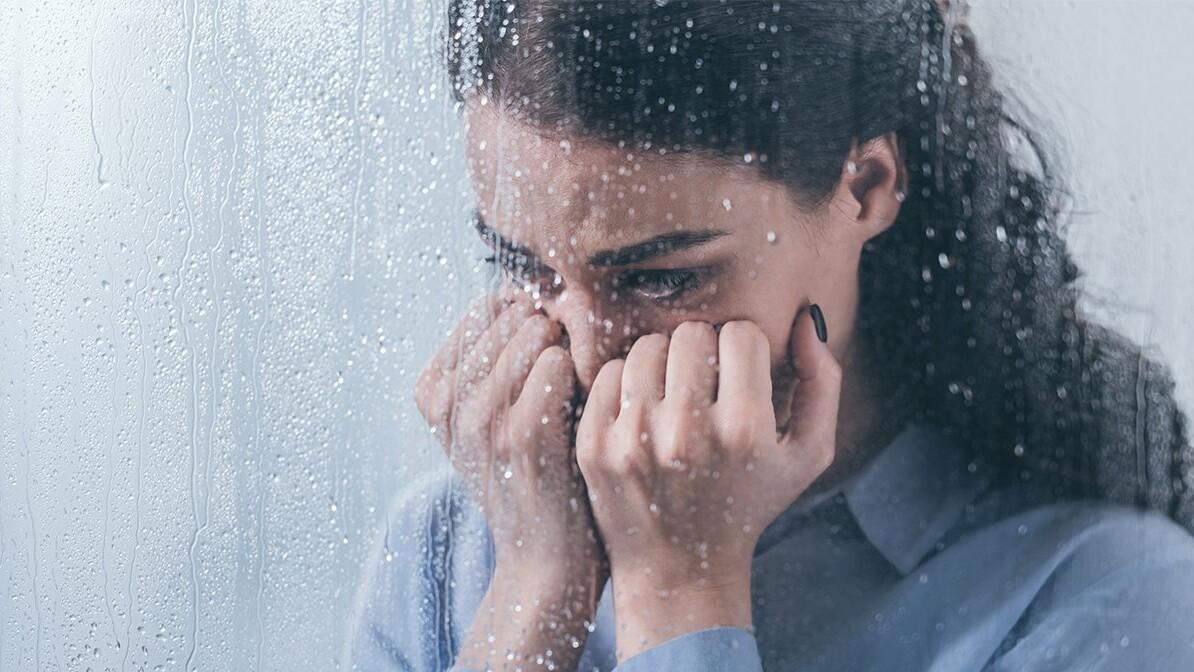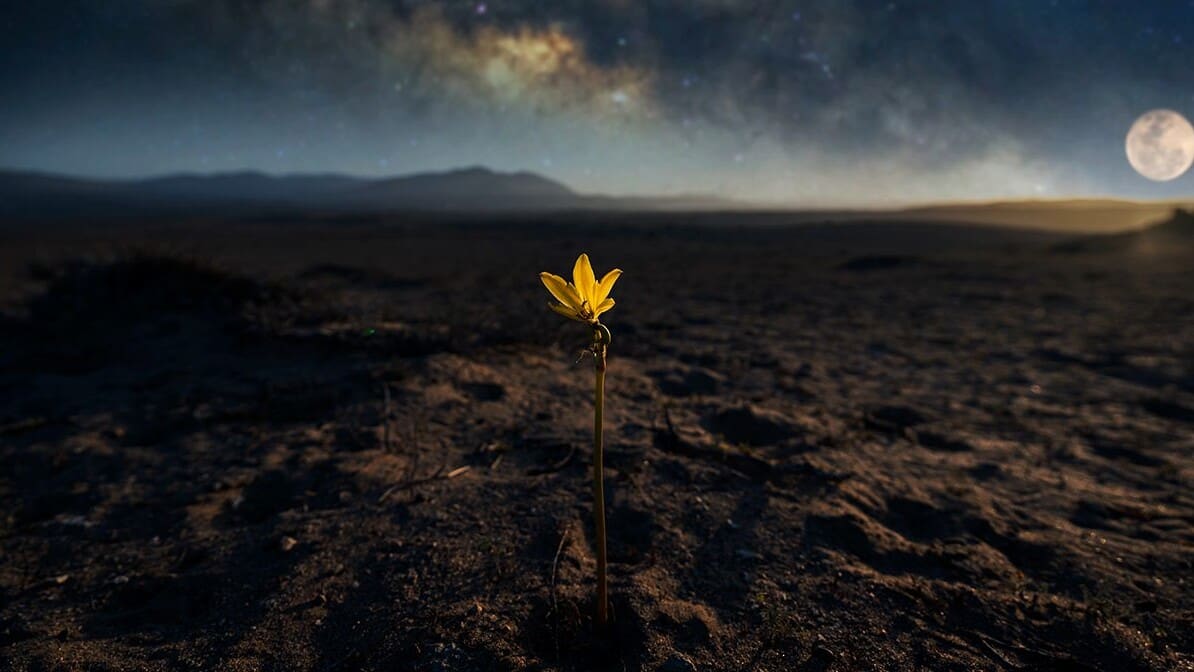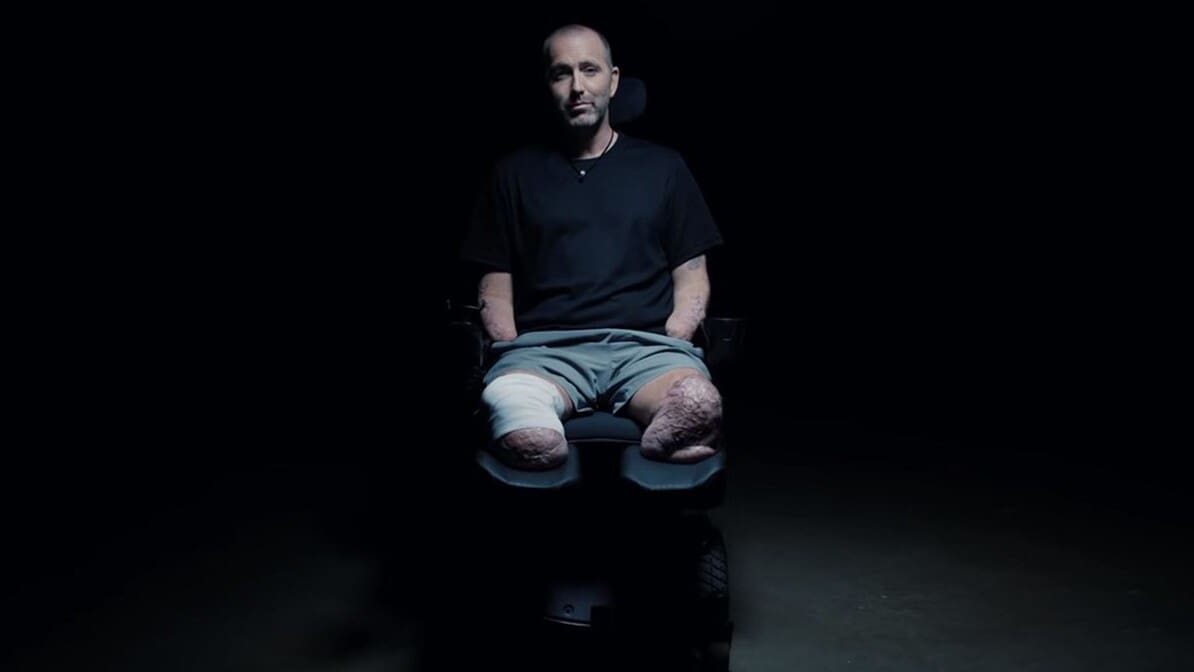
Chris Wark: Beat Cancer Daily (Part 2)
John Farrell: How do the habits you mention in your book, Beat Cancer Daily, contribute to healing? I imagine they not only benefit those who have cancer but also others who have chronic illnesses?
Chris Wark: I am a holistic health evangelist. The things I talk about – the mind, body and spiritual practices – apply to the human condition. They’re not exclusive to cancer. In fact, most of the chronic diseases we suffer from today in an industrialized country like the United States are the result of our choices. They’re the result of poor diet choices or lifestyle choices and stress.
The things I’m encouraging folks to do – the things I did to help myself heal and that I’ve seen every cancer patient who has survived the odds did to heal – are things that anyone can do for themselves. They’re not complicated. They’re very simple things. It’s just a matter of making simple shifts in your daily routine. Small changes can produce big results over time.
In Beat Cancer Daily, each day is about encouraging the reader to make a small shift in the way they think, the way they treat others, or the way they take care of themselves that can pay big dividends over time if you make these small shifts and stick with them. For example, the decision to exercise is not complicated. It’s not hard. If you do exercise daily, you create incredible anti-cancer, anti-heart disease, anti-diabetes effects in your body.
That’s just one of many things. Choosing to think positively reduces your stress. Counting your blessings and practicing gratitude reduces your stress, reduces inflammation, and boosts your immune system. Focusing on joy and laughter boosts your immune system. These are all simple things. They don’t cost any money.
Once you understand how much power you have in your daily choices to affect your future, it becomes really exciting. It’s almost like a game. How many good seeds can I sow today? We understand the law of the harvest biblically – you reap what you sow.
I think it’s easy to forget that every day we’re sowing seeds, and we’re either sowing seeds of health or seeds of disease with our choices. It’s just as easy to sow seeds of health as it is to sow seeds of disease.
JF: How can someone use their daily habits to help fight things like depression and anxiety?
Chris: Exercise has been proven to be one of the best anti-depressants, and it can be a bit of a vicious cycle. When someone’s depressed they don’t feel like exercising. If you can muster up just enough willpower to get outside and go for a walk for 20 or 30 minutes, you’re doing yourself good. That’s where it starts. Even walking. Just being outside in nature will reduce your stress and anxiety. And then from there making it a daily habit.
That’s a practical way that we know scientifically reduces stress and anxiety, but also forgiveness reduces stress and anxiety. Giving your fears and your worries to God, and trusting him with your future reduces stress and anxiety.
These are themes throughout the book. Practical information on how to do this. They will keep popping up as the reader reads through a year. Each page in the book is one day. It’s meant to be read over the course of a year, and you can start on any day. It’s not January to December. It’s just Day 1 through Day 365.
JF: I find it interesting that you mentioned that if you’re depressed, one of the best things to do is exercise, but that’s usually one of the last things people want to do when they’re depressed. But, as you said, it’s very important to get out there and exercise because it helps physically and physiologically.
Chris: Yeah. Your body produces feel-good chemicals that are anti-depressants when you exercise. But that’s just one tiny little benefit. It improves your cardiovascular circulation. It moves your lymph system. It increases detoxification in your body, especially if you sweat.
Exercise turns on anti-cancer genes in your body and it turns off genes that promote cancer if you’ve inherited some of those. Exercise is one of the most powerfully underrated things you can do for yourself. And it doesn’t matter what type – all exercise is wonderful.
JF: What power does self-talk have in healing, and how can people use self-talk to their benefit?
Chris: Self-talk can be incredibly helpful or incredibly destructive depending on what you’re saying to yourself. Sometimes we don’t have anyone to encourage us so we have to encourage ourselves. Sometimes the only person that’s going to tell you that you can do it is you. That’s why you have to be your own cheerleader. Sometimes you have to be your own coach. You have to be your own encourager.
Of course the Holy spirit encourages us. You can get inspiration and encouragement from lots of places. Hopefully from my new book.
There’s an expression, which is sort of a more recent term, called “mindfulness.” Mindfulness is a newish idea, but it’s being consciously aware of your thoughts. Instead of just thinking your thoughts and going through your day, mindfulness means noticing your thoughts and thinking about your thoughts. In other words, catching yourself if you’re thinking critically about somebody. If you’re judging someone. If you’re thinking thoughts that are prejudice-type thoughts. Or if you are really hard on yourself saying, “I can’t do this. Nobody likes me. I’ll never be successful. I’ll never accomplish this or achieve that. I can’t get well. I don’t deserve love.”
If you are thinking these things, you’ve got to catch yourself and interrupt it and say, “No, I’m not going to think that way about myself anymore. I deserve love. I deserve to be here. I am worthy of love. I belong here.” You have to encourage yourself.
No one else is going to encourage you more than you, if you choose to do it. And no one else will take better care of you than you, if you choose to do it. That’s where the power comes from. It comes from this realization that you have agency and authority to create your future with your decisions today.
Faith without works is dead. What is works? Works is action. Faith. If you believe you can get well, then you need to take some action to help yourself get well. If you believe you can accomplish something great, you need to take action to accomplish that thing.
James talks about faith without works is dead. He talks about don’t just be a hearer of the word, be a doer. Don’t just be a learner, be a doer. Do what you learn. That means choosing to eat fruits and vegetables instead of junk food. That means exercising when you don’t feel like it. That means catching yourself in negative thinking and replacing it with positive thoughts. Choosing to believe the best about people instead of jumping to conclusions and assuming the worst. Choosing to be thankful and count your blessings instead of entertaining thoughts of envy and jealousy for all the people out there on social media who are showing off their fancy clothes, cars, houses, or whatever.
These are all your choices. They’re all your thoughts. We just need a little help. Some reminders and encouragement that we’re not victims of fate. God has given us free will to choose the course and the direction of our lives. And if we make good choices and we sow good seeds, we reap a good harvest.
JF: If you were to meet someone who had just been recently diagnosed with cancer, what is the best piece of advice you could offer someone who’s just starting on their cancer journey?
Chris: I hope they will read my first book, Chris Beat Cancer, because that book pulls back the curtain on cancer treatment and survival. It will give them a blueprint to follow and a lot of things to think about and a lot of questions to ask to make sure they make the best decision for them.
You can’t be a passenger in the cancer journey, and many patients are. Many patients put all their faith, hope, and trust in the doctors and take no responsibility for their life and their health and their situation. They just cross their fingers and hope for the best. Hope is not a strategy.
In order to give yourself the highest possible chance of survival, you need to take massive action to change your life and to do everything in your power to help your body heal. And healing happens at home. It’s what you do between treatments that can make all the difference between survival and death. As a 17-year Stage 3 colon cancer survivor and patient advocate, that is what my mission in life is: to encourage and inspire and give hope and practical, actionable information to not only cancer patients, but to anyone that wants to prevent it.
The harsh reality is one out of every two men and one out of every three women are predicted to be diagnosed with cancer in their lifetime. If you’re not serious about preventing cancer, you should be because the odds that you’re going to get it are high if you live the way everybody else lives. If you’re a normal, regular, old person living your life like everybody else, you’ve got a pretty high risk of cancer, but there’s so much you can do.
There are simple things that I talk about in Chris Beat Cancer and in Beat Cancer Daily that everyone can do. Most of these things are free. They’re just a matter of changing your priorities, evaluating your life, and putting your focus on your mental, emotional, spiritual, and physical health. When you make that a priority, the small changes you make on a daily basis produce big results, good results, a good harvest over time, and you reduce your risk of cancer, heart disease, diabetes, multiple sclerosis, and many chronic diseases that are unknowingly caused by our diet and lifestyle choices.
…
Order your copy of Beat Cancer Daily: 365 Days of Inspiration, Encouragement, and Action Steps to Survive and Thrive by Chris Wark
Trending Now
Sign up today for your Inspiration Today Daily Newsletter
Supercharge your faith and ignite your spirit. Find hope in God’s word. Receive your Inspiration Today newsletter now!
John Farrell
John Farrell serves as the Digital Content Manager at Inspiration Ministries, where he oversees the planning, organization, and management of website content to support the ministry's global digital outreach. With a strong background in writing and editorial strategy, John ensures that the articles, devotionals, and discipleship resources on Inspiration.org are accurate, engaging, and aligned with the ministry's mission.
John has authored more than 1,000 articles, press releases, and features for Inspiration Ministries, NASCAR, Lionel, and Speed Digital. His versatility as a writer is also showcased in his 2012 book, The Official NASCAR Trivia Book: With 1,001 Facts and Questions to Test Your Racing Knowledge.
A graduate of Appalachian State University, John brings excellence and attention to detail to the digital experience at Inspiration Ministries. He lives in Concord, N.C., with his wife and two sons.
Related Articles
January 28, 2026
I Just Knew It Was God: From Searching to Finding Faith
From the outside, Ekaterina’s life looked successful. She had a college degree, a strong career,…
January 26, 2026
How to Overcome Old Wounds with Resilience
How Do You Deal with Old Wounds? Everyone is talking about trauma, but very few are talking about…
November 21, 2025
Thank You … Lord
Gratitude transforms our lives and draws us closer to God. This article explores how practicing…
October 27, 2025
So, Is God Good?
Many people wrestle with the question, is God good, especially when life brings pain and loss.…
Next Steps To Strengthen Your Walk
Inspiration Today Newsletter
Supercharge your faith and ignite your spirit. Find hope in God’s word. Receive your Inspiration Today newsletter now!
Christian Articles
Find articles to strengthen your walk and grow your faith. We have a wide range of topics and authors for you.
Submit A Prayer Request
We are here for you. Simply click on the button below to reach us by form, email or phone. Together we will lift our hearts and voices with you in prayer.






